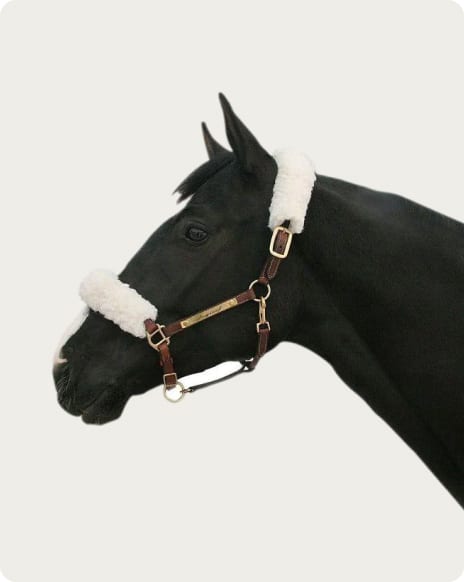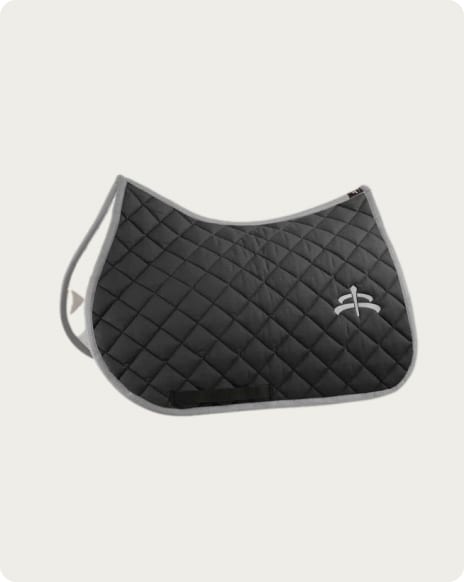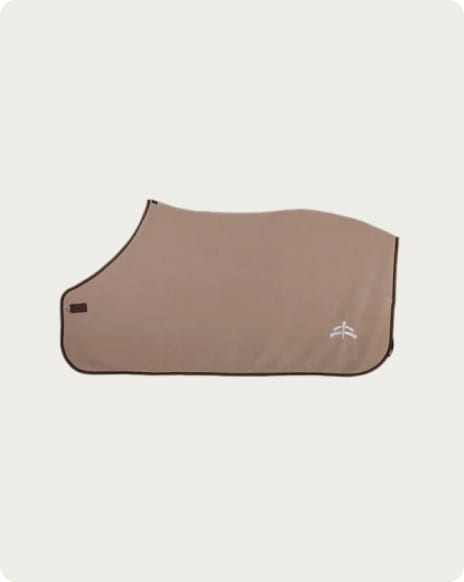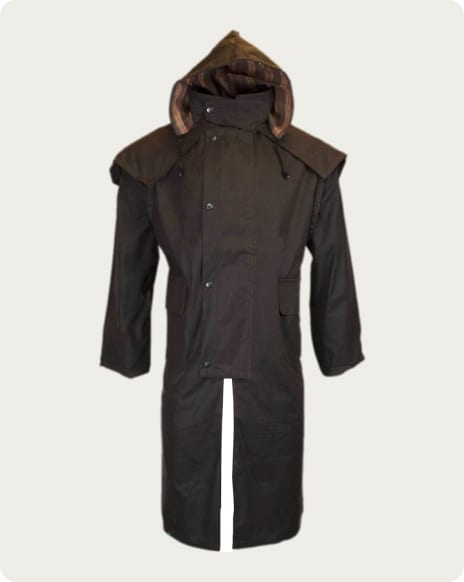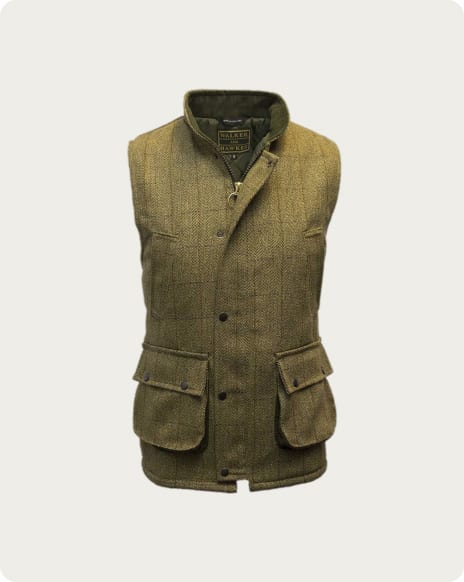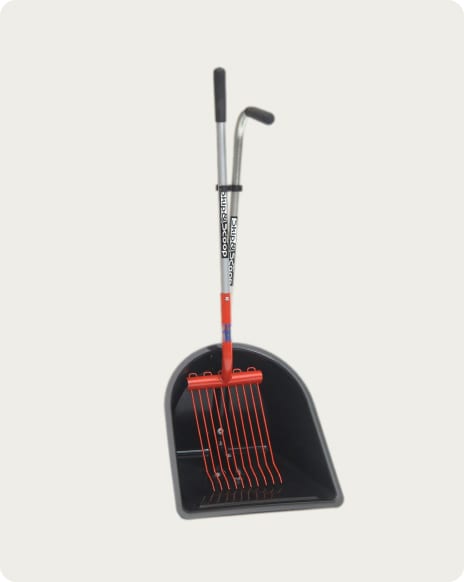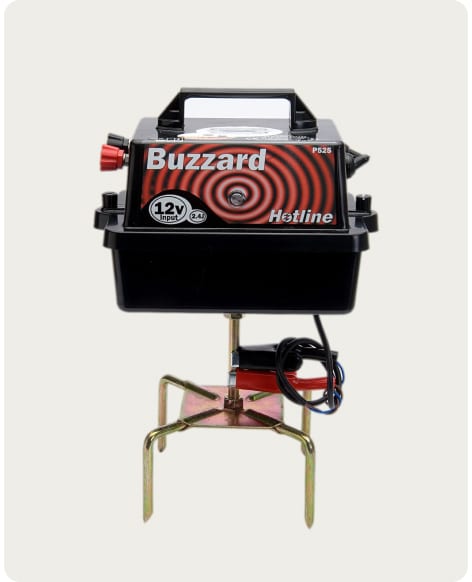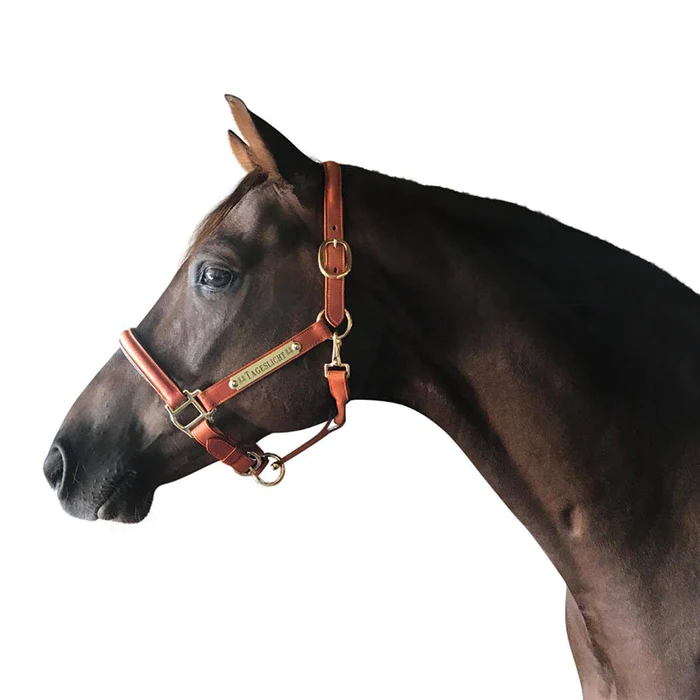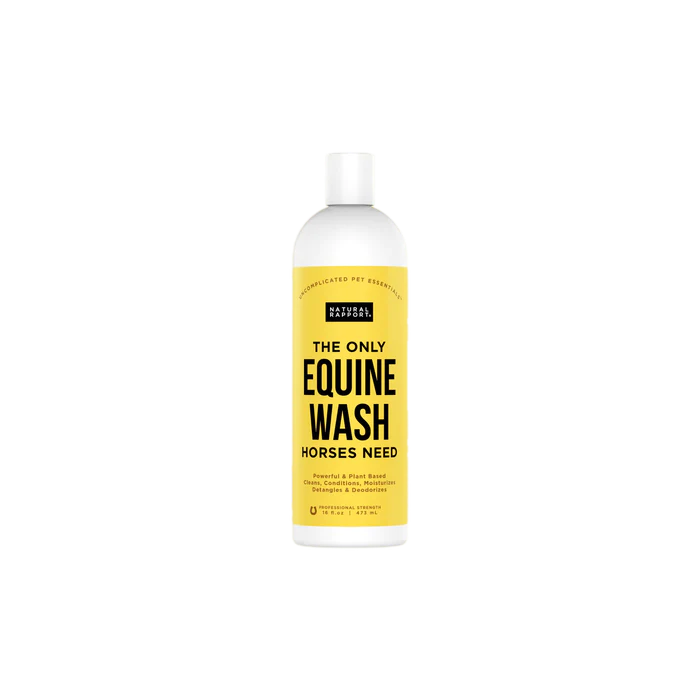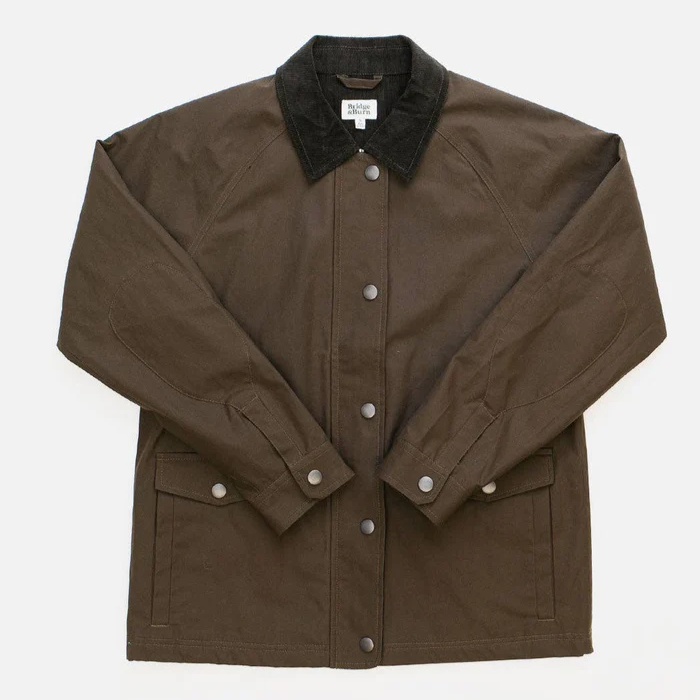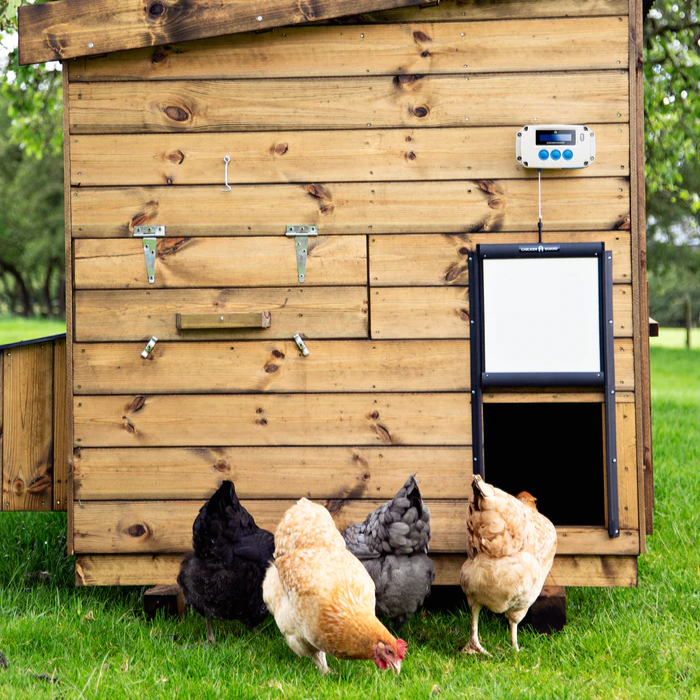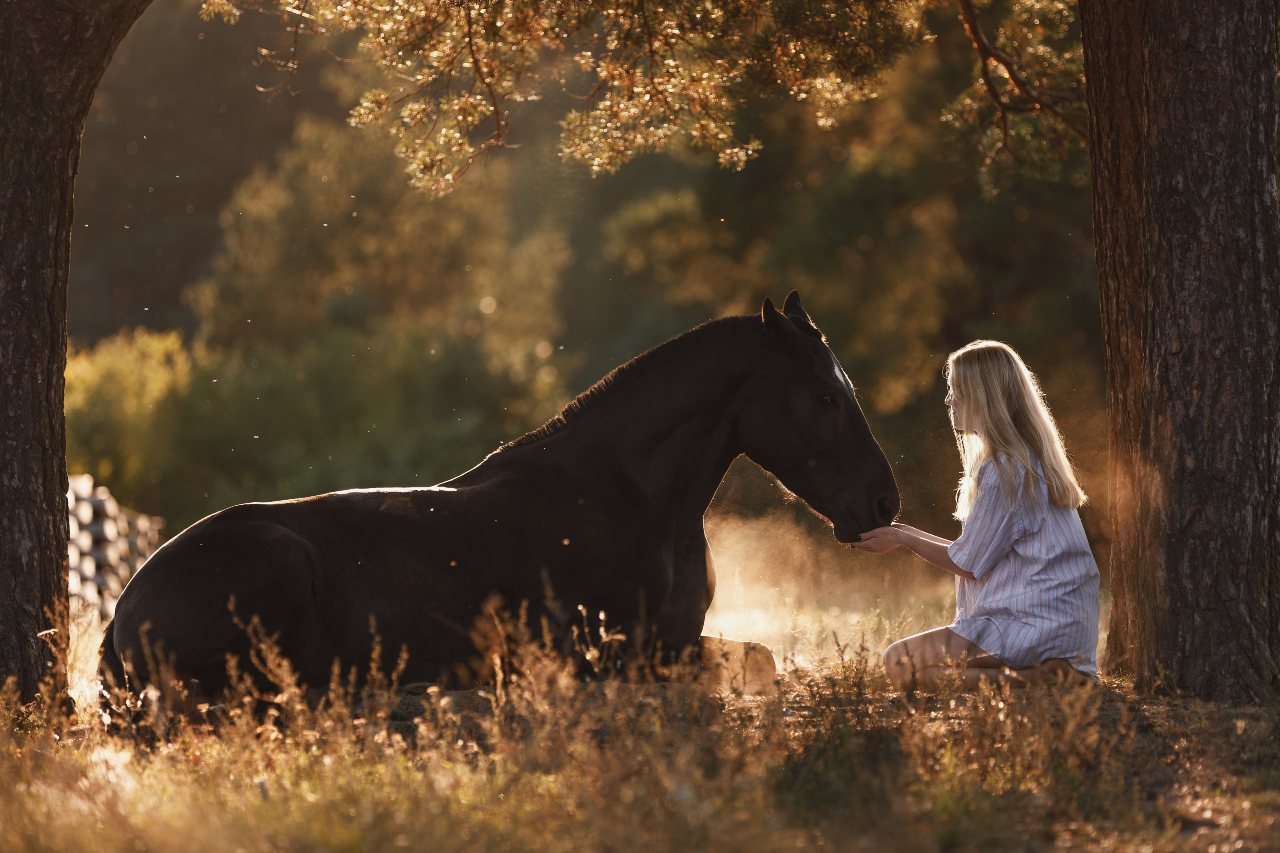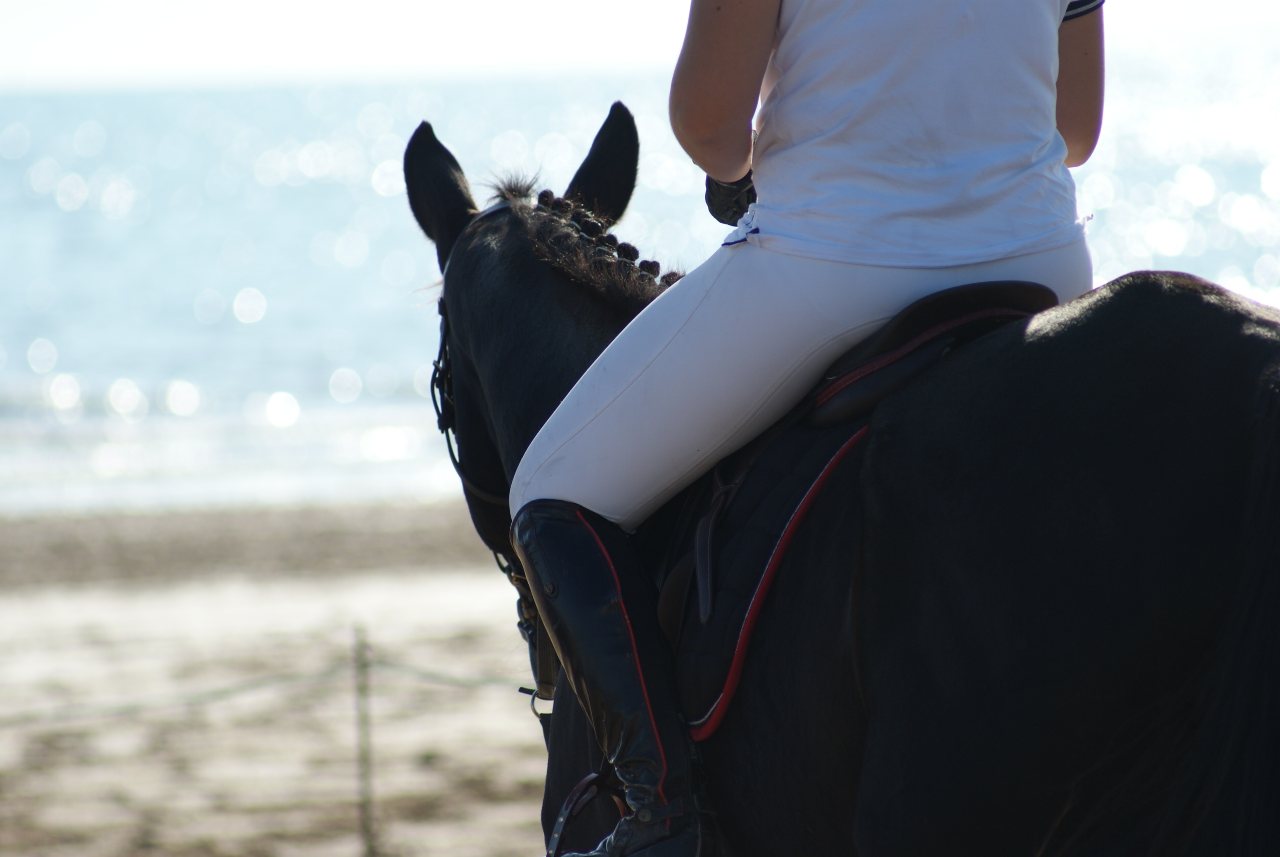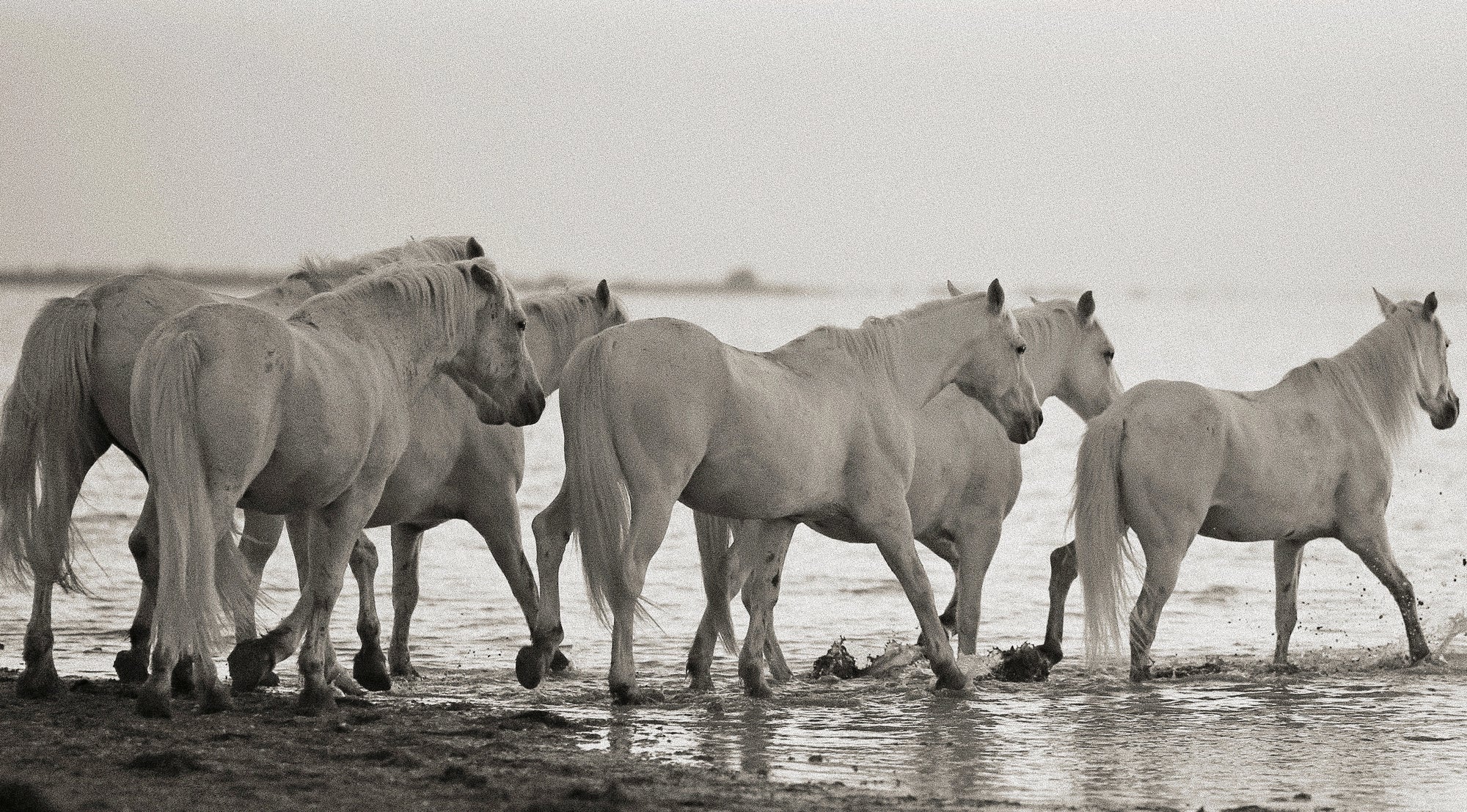
You’ve entered a sacred space when you realize you have a bond with your horse. The signs don’t have to be as overt as a horse running to the gate to greet you. Something as seemingly insignificant as a raised head and an ear pointed in your direction as they lock eyes on you shows awareness and anticipation. A willingness to lift a leg when you bend to pick out a hoof shows a desire to please.
These are all subtle signs of trust that you might be lucky enough to notice in your horse.
Read on for six signs that a horse trusts you, and our tips for cultivating a mutual sense of trust with your equine partner.
1. No Longer Herd Bound or Barn Sour
Horses are prey animals, which means they depend on their herd mates for safety. When you take your horse from the paddock and away from their herd mates, they’re dependent on you for their safety. A horse is herd bound or barn sour when they are reluctant to leave their paddock and their cohorts. Unless they trust you to keep them safe in dangerous situations, they’ll be nervous and anxious until they return.
If your horse trusts you, they will willingly leave their herd. They’ll be relaxed around you, stand still as you brush them, lower their heads, and lick and chew. These are all signs that a horse trusts you.
2. A Horse Comes to You
Coming to you doesn’t necessarily mean galloping to the gate. A horse might do that for many reasons other than trust — they might think you have a bucket of food, or they might just want to interact with you.
Coming to you means they don’t run away when you approach them, they cock an ear towards you, and even take a step to greet you and sniff the back of your hand. If you have really captured your horse’s heart, you might hear them nicker when they see you.
If your horse allows you to approach while lying in the field and does not get up, that’s a sure sign they trust you. Horses are most vulnerable when they are lying down, and their instincts are to get up if someone (with whom they don’t have a strong connection) approaches.
3. A Horse Follows Your Instructions
A horse that trusts you will willingly do what you ask because they see you as the leader and, therefore, their lives depend on you. This is even more the case if the horse obeys you when they’re unsure.
For example, if you’re showing them a stream for the first time, do they cross it if you ask? (Be patient, it might take them some time). If you come across a scary obstacle on a trail ride, does your horse listen to you and move forward? If so, they have complete trust that you will take care of them and protect them.
4. A Horse Shows You Respect
Each horse has a place in its herd, and they all show respect to the leader. The horses challenge one another from time to time to establish the leader. Perhaps, if one horse becomes too old or weak, a younger horse will take over. The lead horse will often tell the other horses to move their feet, get out of the way, or run, and each horse will respect those commands and obey.
If your horse shows respect for a horse owner's commands — he moves his feet, trots, canters, or jumps— he’s showing that he’ll do whatever you ask as long as he is capable and understands.
5. A Horse Allows You to Touch Them
A horse that does not trust someone will exhibit body tension and be reluctant to be touched. They might lack human interaction, or they might have been abused. A horse will be particularly sensitive in the head and neck area because that’s where a predator would attack them in the wild. A head-shy horse might be experiencing pain, but they might also be nervous.
If your horse allows you to touch them all over — particularly their head, neck, and ears — and to bathe or shower them, that is one of the most telltale signs that a horse trusts you.
6. A Horse Breathes on You
A horse's body language is subtle when they’re relaxed and content. They may rest their head on you when you’re near them or give you a nudge to get your attention. Horses also blow air on each other through their nostrils. If your horse breathes on your face, this is a sign of affection and that they consider you part of their family.
Horses also use vocalizations to show affection. Nickering is one example, and they also groom one another. If your horse attempts to nibble at your back or your neck, they might be trying to take care of you in return for your care of them.
Tips for Making Your Horse Trust You More

Trust is built over time through consistent connection. The goal is to establish a mutual relationship because you need to trust your horse not to behave dangerously, and your horse must trust you to protect and care for them and to treat them fairly.
First, be aware that your horse knows your mood. He senses your energy field, and whether you’re calm or tense. It’s critical then that you are relaxed around your horse and have positive feelings. Don’t rush. Breathe slowly. Take your time when you ask your horse to do something.
As you get to know him and work with him, consider the following three factors critical to building and maintaining trust: consistency, fairness, and communication.
Consistency
Consistency is key to horse training and a solid horse/human partnership . If you behave inconsistently, your horse will be confused and not know what you are asking of them. On the other hand, if you exhibit consistent behavior, your horse will feel more confident when around you. For example, if you feed your horse treats from your hand, you cannot then reprimand the horse for nipping at your hand and pawing to ask for treats.
Similarly, when riding, consistent aids will help your horse understand what you're asking of them because they will learn to recognize your commands and receive praise when they do the right thing. As your horse learns, they’ll respond quickly and willingly.
Fairness
It’s only fair to reward your horse for good behavior. This will encourage your horse to want to please you and to interpret your commands correctly. Your horse will understand fairness and respond to it.
Horses are often punished for what is perceived to be bad behavior. For instance, nipping a hand to ask for a treat or bucking when ridden. Often, however, the horse either doesn't understand what is being asked (inconsistent training), is frightened, or is in pain. It’s unfair to punish a horse for acting in a way that makes the most sense to them. If you do engage in punishment, you will destroy any trust that you have built.
It‘s your job to communicate consistently and clearly so that the horse understands what you are asking. It’s your job to understand what the horse fears and try to remove that fear. And it’s your job to find out if your horse is in pain and why. Seek help from a professional if you feel overwhelmed.
Communication
Consistency and fairness are all part of how you communicate with your horse. But another huge aspect is that communication should not be one-directional. If you think you must tell your horse what to do and they must obey without question, you will not build trust. Horses should be allowed to have an opinion, and they would appreciate you listening to it.
For example, let’s say you’re out on the trail and your horse spooks at something and refuses to walk on. One option is to become aggressive and force the horse to walk on. Doing so will only cause the horse to become more nervous and tense.
A better approach is to allow your horse to stop and comfort your horse until they relax. Then, when the horse senses that there’s no danger, they’ll be ready to walk on without you having to use force. If your horse is still scared, dismount and lead your horse.
This builds a trusting relationship because your horse learns that you will listen when they’re nervous and not force them to do something beyond their threshold in the future. Good leadership is listening.
Finally, rewards are hugely important when building trust. Rewards do not cause a horse to become spoiled. Instead, they tell your horse that they’ve made wise decisions and have done a good job — and horses love to feel like they have done a good job. Not only will they be enthusiastic about the next time you ask them to work, but they’ll be confident and keen to learn more.
Why Groundwork Is Key to Building Trust

If there’s one way to incorporate all of the above factors into your time with your horse, it’s through groundwork. A horse will not trust you in the saddle if they don’t trust you on the ground.
Groundwork is a safe way to introduce new challenges to your horse, build their confidence, and learn your horse's personality. Examples of groundwork are lunging, taking your horse for a walk, allowing your horse to run free in the arena, or to roll after a work session.
These activities are fun for you and your horse. They prevent the horse from becoming bored and add variety when you’re spending time with them. This builds a strong bond. Become the most interesting part of your horse’s day with fun groundwork. Soon, they’ll be following you around wondering what you’ll ask them to do next.
Slow Down to See the Signs That a Horse Trusts You
A happy and trusting horse is one that is relaxed and in the moment. Whether you’re leading them from the paddock, asking them to do a flying change, or simply grooming them, their behaviors will let you know how they feel about you.
It’s easy to miss signs that your horse trusts you. We’re often rushing when we should be mindful and with them here and now. By focusing on consistency, fairness, and listening, you will slow down. That will give you time to notice the subtle signs that you might miss otherwise. Call it a teaching moment for both of you.



